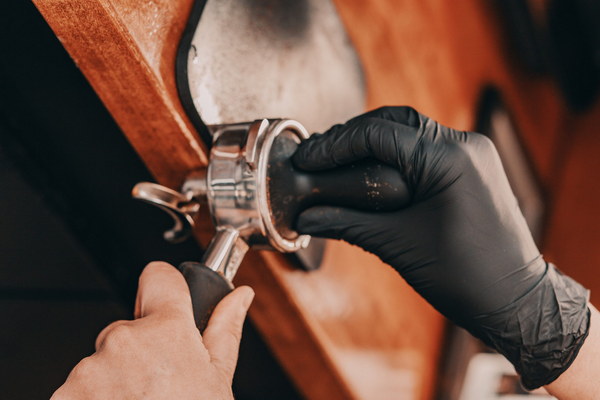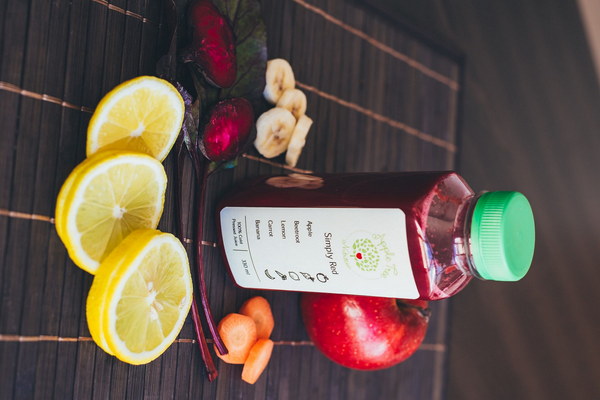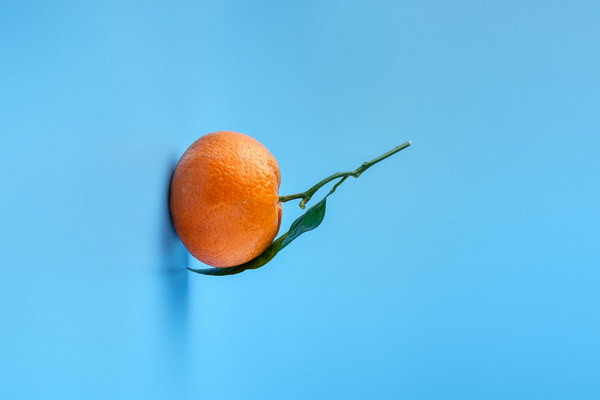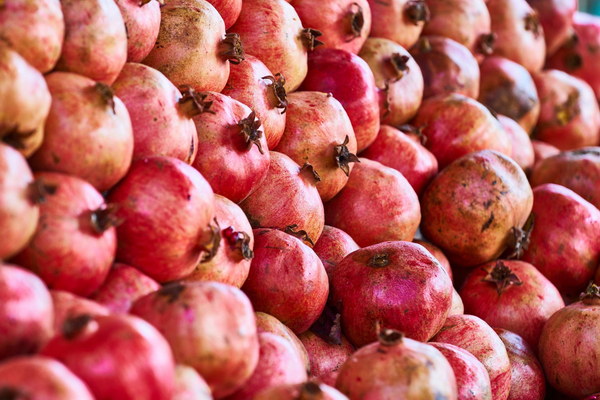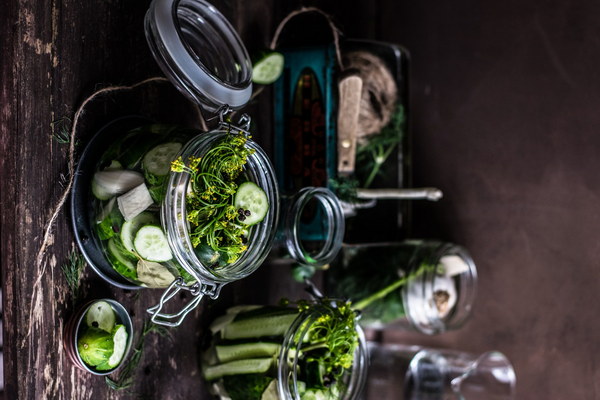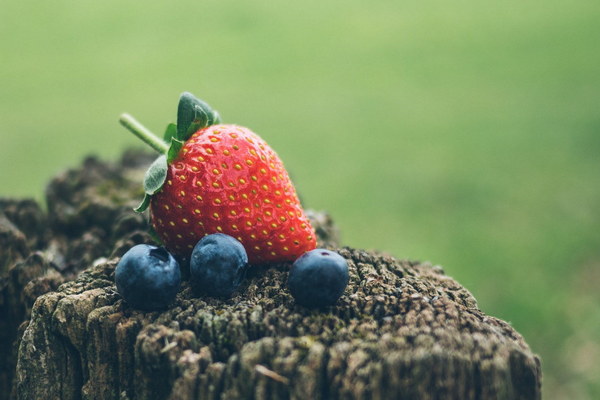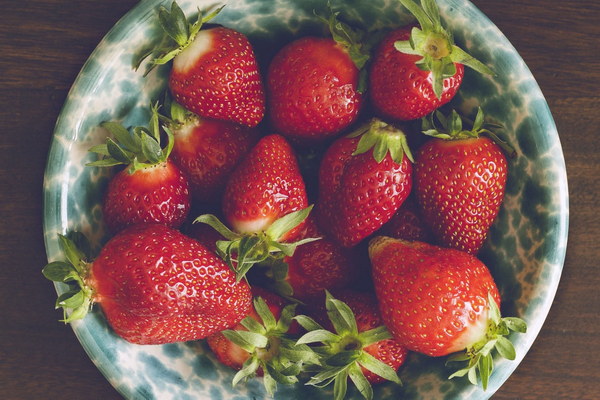Natural Remedies Top Herbs for Soothing Dampness and Enhancing Well-being
In the pursuit of a healthier and more balanced life, many individuals turn to traditional remedies for relief from common ailments such as dampness. Dampness, or dampness syndrome in Chinese medicine, refers to an imbalance in the body's fluids, which can lead to discomforts like fatigue, joint pain, and weight gain. One of the most effective ways to combat dampness is through herbal remedies, which have been used for centuries to promote wellness. Here, we explore the top herbs that can be brewed into a soothing cup of tea to alleviate dampness and enhance overall well-being.
1. Poria (Fuling)
Poria, or Fuling in Chinese medicine, is a well-known herb used to expel dampness and improve urination. It is often combined with other herbs in traditional formulas to treat dampness-related conditions. Poria has a mild, sweet taste and is believed to help remove excess fluids from the body, thereby reducing the symptoms of dampness.
2. Atractylodes (Cang Zhu)
Atractylodes, or Cang Zhu, is another popular herb for treating dampness. It has a warm, bitter taste and is known to be effective in expelling dampness from the body, especially in the form of phlegm and edema. Atractylodes is often used in conjunction with other herbs, such as ginger and poria, to enhance its therapeutic effects.
3. Licorice (Gancao)
Licorice, or Gancao, is a versatile herb that can be found in many Chinese herbal formulas. It has a sweet, slightly bitter taste and is used to harmonize the other ingredients in the formula. In the context of dampness, licorice can help alleviate symptoms by reducing the excess dampness in the body and promoting overall balance.
4. Cinnamon (Rou Gui)
Cinnamon, or Rou Gui, is a warm and spicy herb that is often used in combination with other herbs to expel dampness and stimulate blood circulation. It has a sweet, spicy taste and is believed to help warm the body, which can be beneficial in cases where dampness is accompanied by coldness or weakness.
5. Duanwood Peony (Shu Di Huang)
Duanwood peony, or Shu Di Huang, is a cooling herb that is often used to nourish the liver and kidneys. It has a sweet, bitter taste and is believed to help drain dampness from the body, particularly when it is accompanied by a deficiency in the liver and kidney organs.
6. Alisma (Xiang Sha Yu Jin)

Alisma, or Xiang Sha Yu Jin, is a cooling, diuretic herb that is used to expel dampness and promote urination. It has a bitter, sweet taste and is often used in combination with other herbs, such as atractylodes and poria, to enhance its therapeutic effects.
To prepare a soothing cup of dampness-relieving tea, combine equal parts of the herbs mentioned above. Add one tablespoon of the herbal mixture to a cup of hot water, let it steep for 15-20 minutes, and then strain the herbs out. Enjoy your tea warm, and repeat the process as needed.
While herbal remedies can be a great complement to a healthy lifestyle, it is important to remember that they are not a substitute for professional medical advice. If you have any concerns about your health or are considering starting a new herbal regimen, consult with a qualified healthcare provider before making any significant changes to your diet or treatment plan.
In conclusion, natural remedies such as these top herbs for soothing dampness can be a valuable addition to your wellness routine. By incorporating these herbs into your daily life, you can promote a healthier, more balanced body and enjoy the benefits of traditional remedies for centuries to come.
